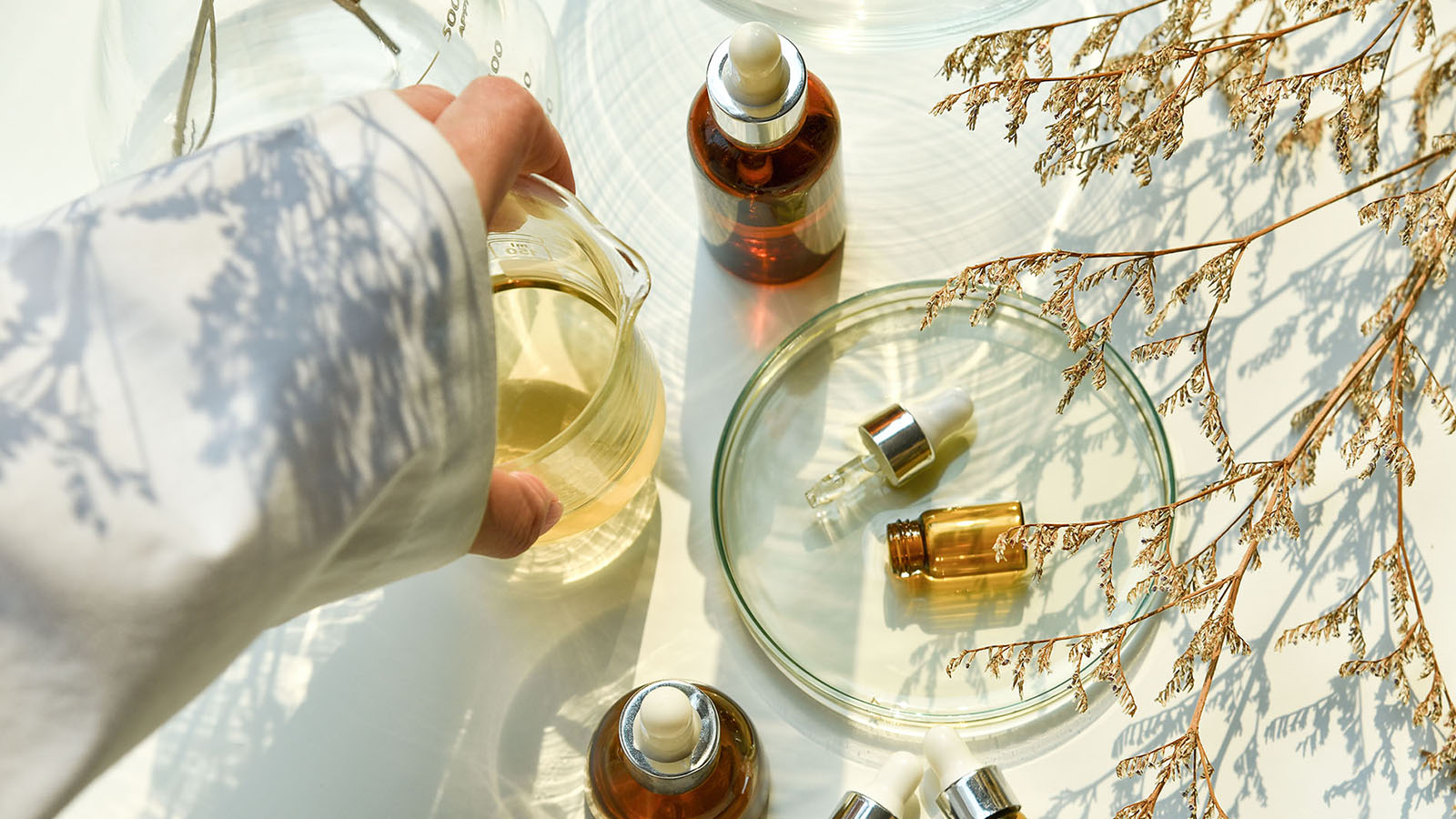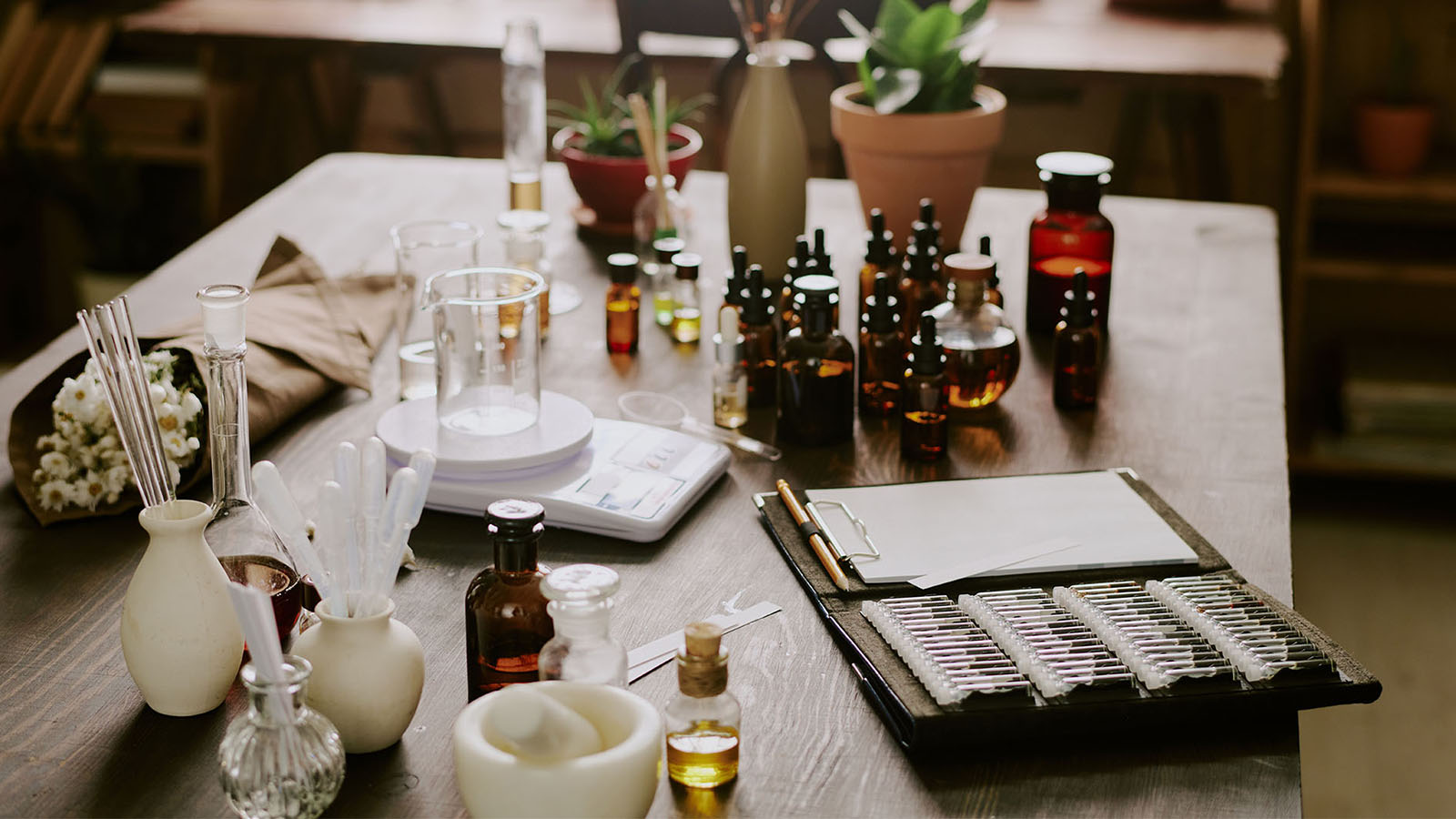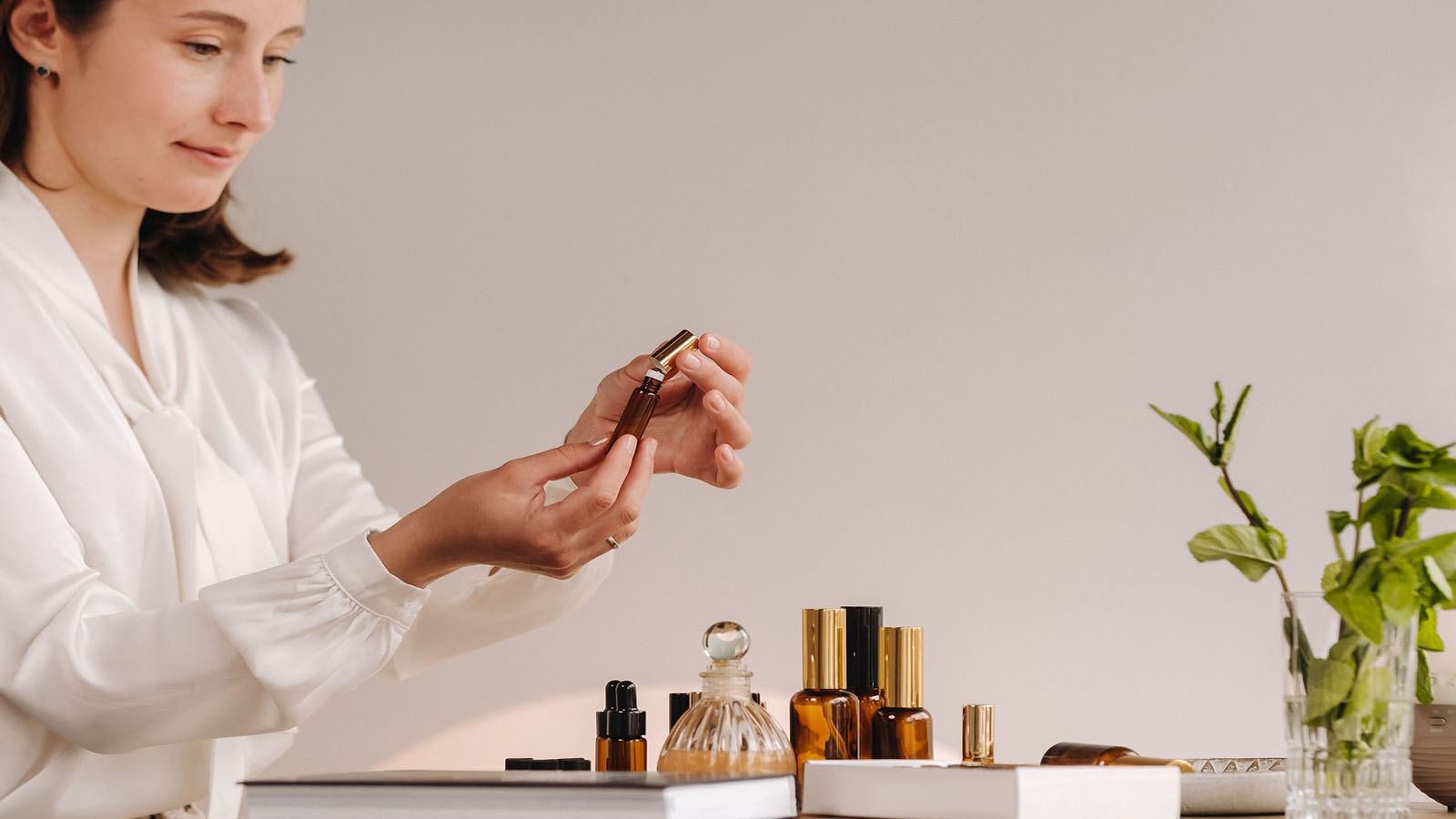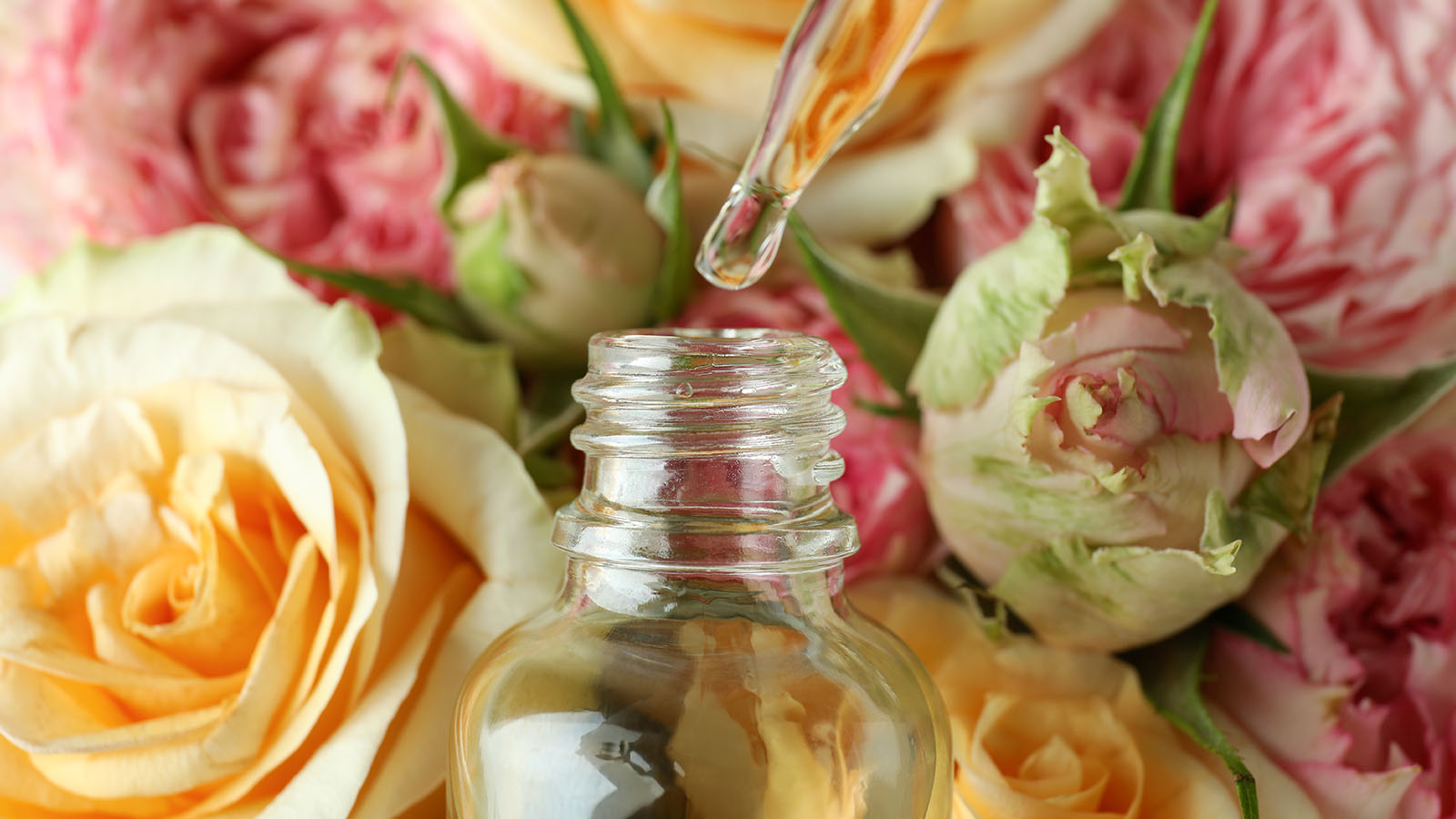When it comes to creating a fragrant and relaxing ambiance, the terms essential oils and diffuser oils often come up. While both are used for aromatherapy and creating pleasant scents, they differ significantly in composition, purpose, and application. Understanding these differences can help you choose the right option for your needs.
What Are Essential Oils?
Essential oils are concentrated plant extracts obtained through methods such as steam distillation or cold pressing. These oils capture the natural essence of the plant, including its fragrance and beneficial properties.
Key Features:
- Natural Composition: Made from 100% plant-derived materials without additives.
- Therapeutic Benefits: Used in aromatherapy for physical and emotional well-being.
-
Versatile Applications:
- Direct skin application (when diluted with carrier oils).
- Use in some diffusers for natural fragrance.
- DIY products like candles, bath salts, and sprays.
- Popular Examples: Lavender, peppermint, eucalyptus, and tea tree oil.
Benefits of Essential Oils:
- Promote relaxation and reduce stress.
- Improve focus and energy.
- Support physical health, such as alleviating headaches or improving sleep.
What Are Diffuser Oils?
Diffuser or fragrance oils are specially formulated oils designed for use in scent diffusers. They often contain essential oils but are blended with other ingredients like carrier oils, fragrances, or other ingredients to create a consistent and safe experience for diffuser use.
Key Features:
- Blended Formulation: Can include essential oils, carrier oils, fragrances, and other ingredients.
- Specifically Designed for Diffusers: Optimized for clean dispersion without clogging or damaging diffusers.
- Customizable Scents: Available in a wide range of fragrances, including those not found in nature.
- Limited Applications: Primarily for use in scent diffusers or as air fresheners.
Benefits of Diffuser Oils:
- Affordable compared to pure essential oils.
- Offer a variety of unique and custom-made scents.
- Require no dilution or additional preparation before use.
Key Differences Between Essential Oils and Diffuser Oils
| Feature | Essential Oils | Diffuser Oils |
|---|---|---|
| Composition | 100% natural plant extract | Blend of essential oils and other ingredients |
| Purpose | Aromatherapy, therapeutic benefits | Fragrance for scent diffusers |
| Applications | Versatile: skin care, DIY, diffusers | Limited to scent diffusers or air fresheners |
| Scent Variety | Natural scents derived from plants | Wider variety |
| Cost | Higher due to purity | More affordable |
| Preparation | Requires dilution for topical use | Ready to use in scent diffusers |
Choosing Between Essential Oils and Diffuser Oils
Choose Essential Oils If:
- You value natural, therapeutic benefits.
- You want oils for multiple purposes, such as skincare, massages, or DIY projects.
- You prefer authentic, plant-derived fragrances.
Choose Diffuser Oils If:
- Your primary goal is to fragrance a space.
- You want a variety of scent options, including unique or custom blends.
- You seek a budget-friendly and convenient option for use in scent diffusers.
Can Essential Oils and Diffuser Oils Be Interchanged?
While essential oils can often be used in some diffusers, not all diffuser oils are safe for other purposes like skin application or ingestion. Always check the product label and intended use before substituting one for the other. Using the wrong oil can result in ineffective diffusion or damage to your scent diffuser.
Choosing the Right Option for Your Needs
Understanding the differences between essential oils and diffuser oils is important for making the right choice. Essential oils are ideal for those seeking natural, therapeutic properties and versatility, while diffuser oils are a cost-effective and convenient solution for filling your space with delightful aromas. By choosing the right type of oil for your specific needs, you can make the most of your aromatherapy and scenting experience.

















Share:
Aromachology: The Science of Scent
Origins of Fragrance Oils: A Global Perspective